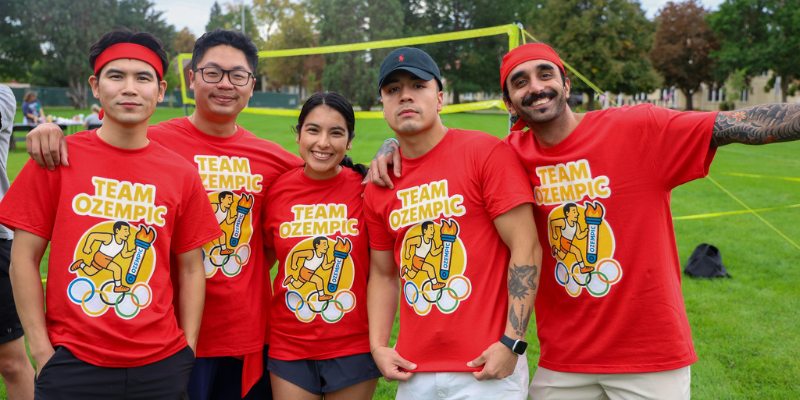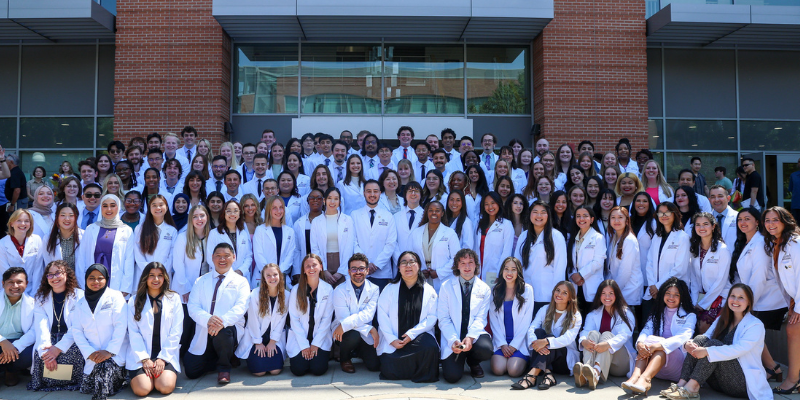Dear Incoming P4 Student,
There’s a lot to be said about your achievement thus far. The first three years of pharmacy school were far from easy, and I’m pleased to inform you that all those long nights of studying have finally come to fruition. The sleepless, caffeine-fueled nights are finally paying off. I’m talking, of course, about your fourth-year rotations. You will now have the opportunity to take all the knowledge gained over the past three years of training and implement them in ways you never realized. However, I can assure you that you will continue to impress not only your preceptors and fellow healthcare providers, but also yourself.
I remember the challenges of the lectures and exam centered education of years 1-3 quite vividly and I can safely say that I sympathize with whatever struggles you’ve had thus far. The sheer volume of material can seem overwhelming. The level of understanding required for high performance on exams, the number of standardized patients interviewed, and the intricate level of detail required to identify the subtle issues in patient cases had to be overkill, right? Wrong. It may come as a surprise to you (it certainly did to me) but all of this information being reinforced from Pharmacotherapy course 1-7 and all the other classes along the way were not in vain. This curriculum was carefully designed to provide you with the skills that prepare you to hit the ground running on your first rotation, and enable you to become a valuable member of a healthcare team, even before you received the title of PharmD.
This was a realization I didn’t personally make until I completed a rotation in a medical intensive care unit at a large hospital. I admit - the realization was profound. I was working on a patient case when a senior resident medical doctor came over to ask me about the half-life of a few medications. I told him that I wasn’t sure and would look it up and get back to him. I promptly looked up the information I needed and reported my findings to the resident. He thanked me and said he already took care of it and looked it up himself.
Everything was fairly normal about that interaction except for one thing; that he looked up the information himself. He had sought me out knowing that I was the medication expert, but when I wasn’t able to provide an immediate answer, he took it upon himself to seek out the information on his own. The numerous resources we are taught to use are immensely helpful, but they’re not exclusive to pharmacists. Anyone can use them. Anyone can look it up.
So when you are saying to yourself “Why do I need to memorize this? I can just look it up!”, it’s true. You can look it up. But so can everyone else. And that’s when it clicked. It was this moment when I understood what a pharmacist’s role was in the clinical setting. All of those indications, side effects, interactions, and doses may seem irrelevant now, but to be a vital part of the healthcare team, you must be valuable and indispensable.
The next year is going to be challenging. It will be filled with obstacles and complex situations, and you will not know the answer to everything. But that’s alright! Although you may not realize it, you have an enormous amount of knowledge, and this is your chance to show off what all of your hard work has amounted to. It’s fine to be nervous, but more than anything you should be excited. With a good attitude, some enthusiasm, and the ability to receive and incorporate feedback, you’ll be able to make the next year the most valuable of your entire education. You’re almost to the finish line, now you just have to believe in yourself.
Have fun,
Nicholas Tinker, Doctor of Pharmacy Class of 2016



